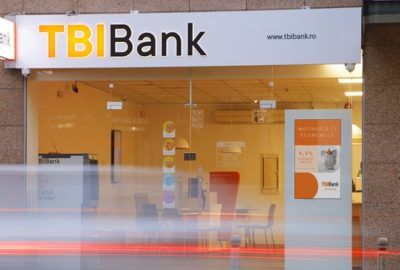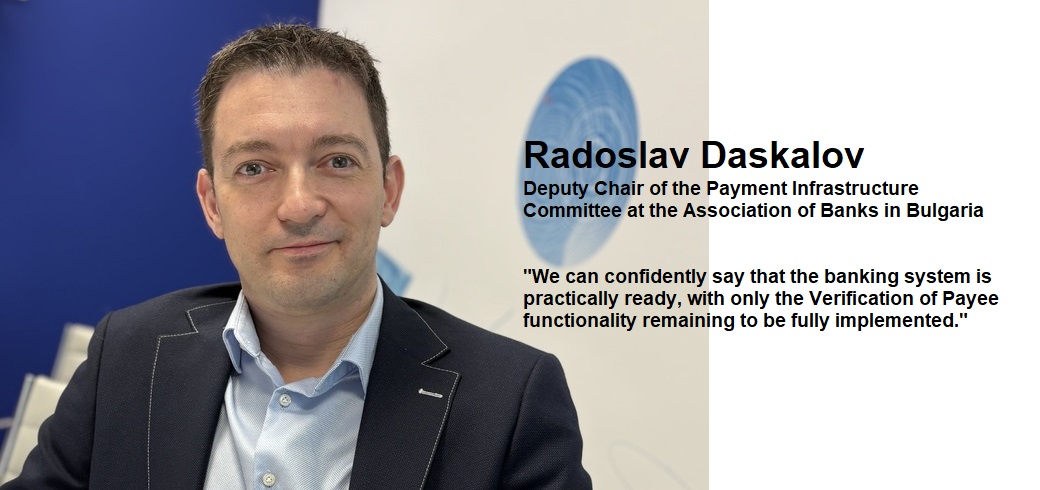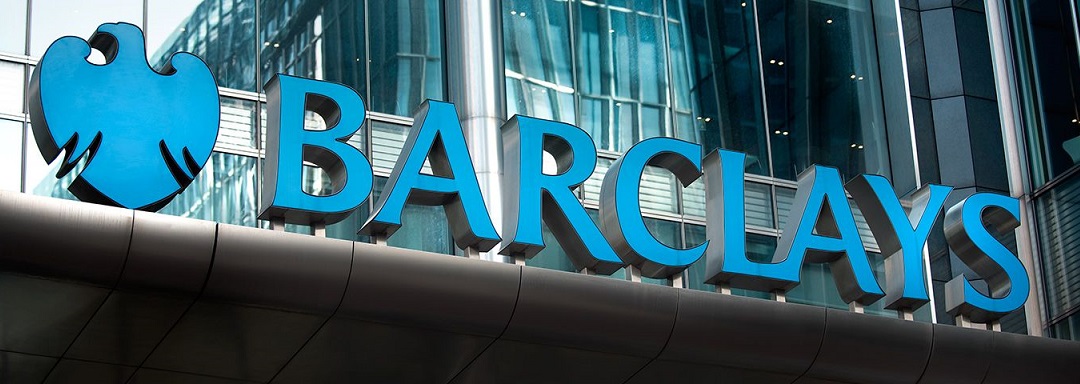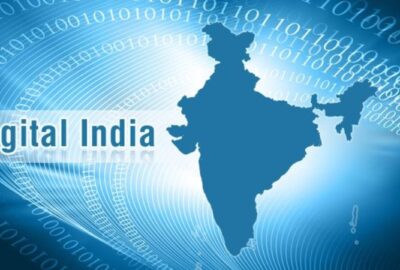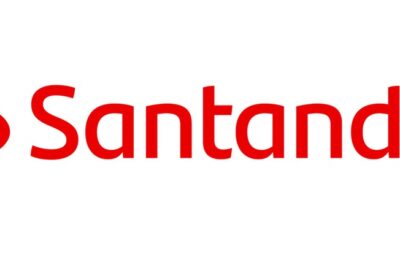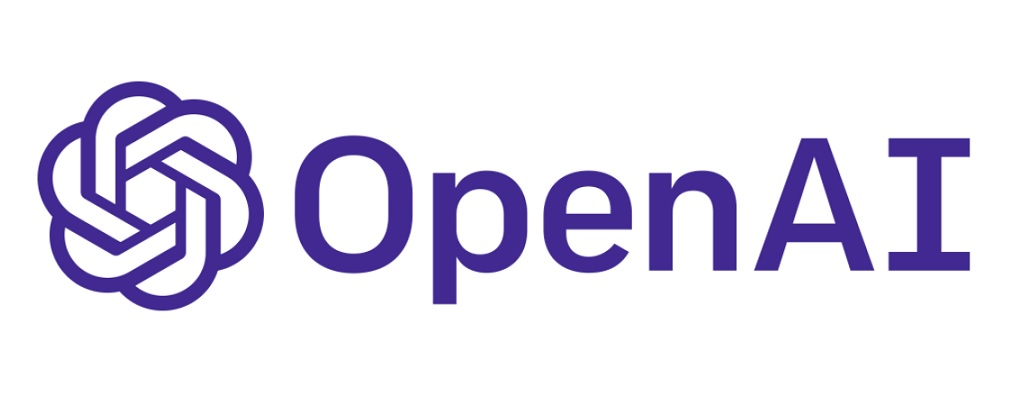Bulgaria could cause a global collapse of Bitcoin if authorities decide to sell 210,000 bitcoins confiscated in May
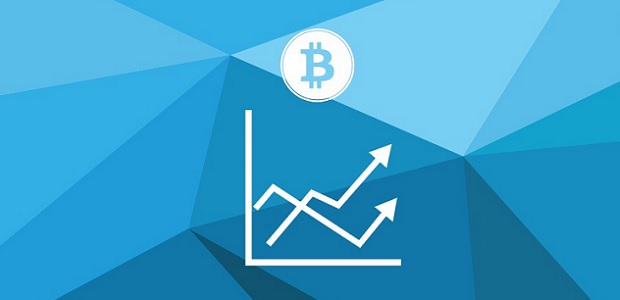
Bulgaria owns bitcoins worth more than 3 billion euros. An amount through which the country would be able to repay a large part of its debts. However, this poses risks – because it could lead to a collapse of bitcoin, say a number of media quoted by Deutsche Welle .
In recent weeks, a number of foreign media have glanced at Bulgaria. The reason: the poorest country in the EU has suddenly been the owner of a valuable treasure – over 210,000 bitcoins confiscated within a special operation in May this year. At the time of confiscation, the cost of those bitcoins was about 400 million euros.
But over the course of the crypto-hit, the over 210,000 bitcoins turned into 3.3 billion euros – an amount that Bulgaria could repay about 20% of its public debt. For this purpose, the country must first sell the bitcoin – and that is where the problem lies: if Bulgaria releases such a large amount of bitcoin at once, the price of the crypto will fall drastically, writes the German Business Insider. So far, the Bulgarian government does not say what it intends to do with its new treasure. And it’s unclear whether they own the passwords required to sell the crypto-data. In addition, confiscated bitcoin are not yet officially owned by the state, as the investigation is not over, says Business Insider, quoting Frankfurter Algemaine Zeitung.
The story resembles other similar cases, writes in turn the German edition „Die Welt”. In September 2013, the US FBI seized over 170,000 bitcoins. Shortly afterwards, they were sold out for sums that seemed to be negligible against the background of today’s exchange rate. Within four auctions conducted between 2014 and 2016, the FBI sold over 124,000 bitcoins. Calculated according to today’s rate, the service has lost at least $ 1.5 billion.
Source: Novinite
Dariusz Mazurkiewicz – CEO at BLIK Polish Payment Standard
Banking 4.0 – „how was the experience for you”
„To be honest I think that Sinaia, your conference, is much better then Davos.”
Many more interesting quotes in the video below:
